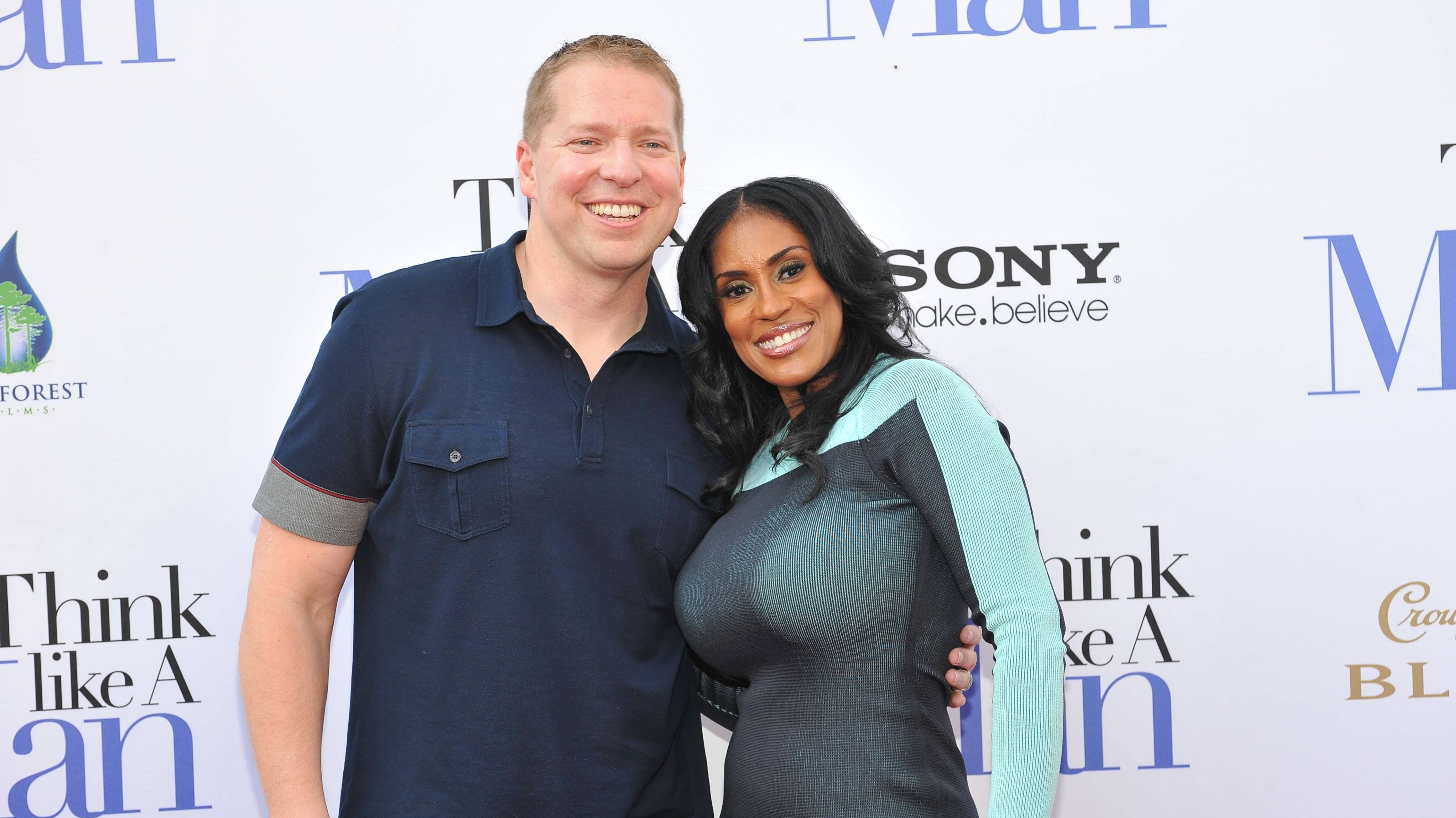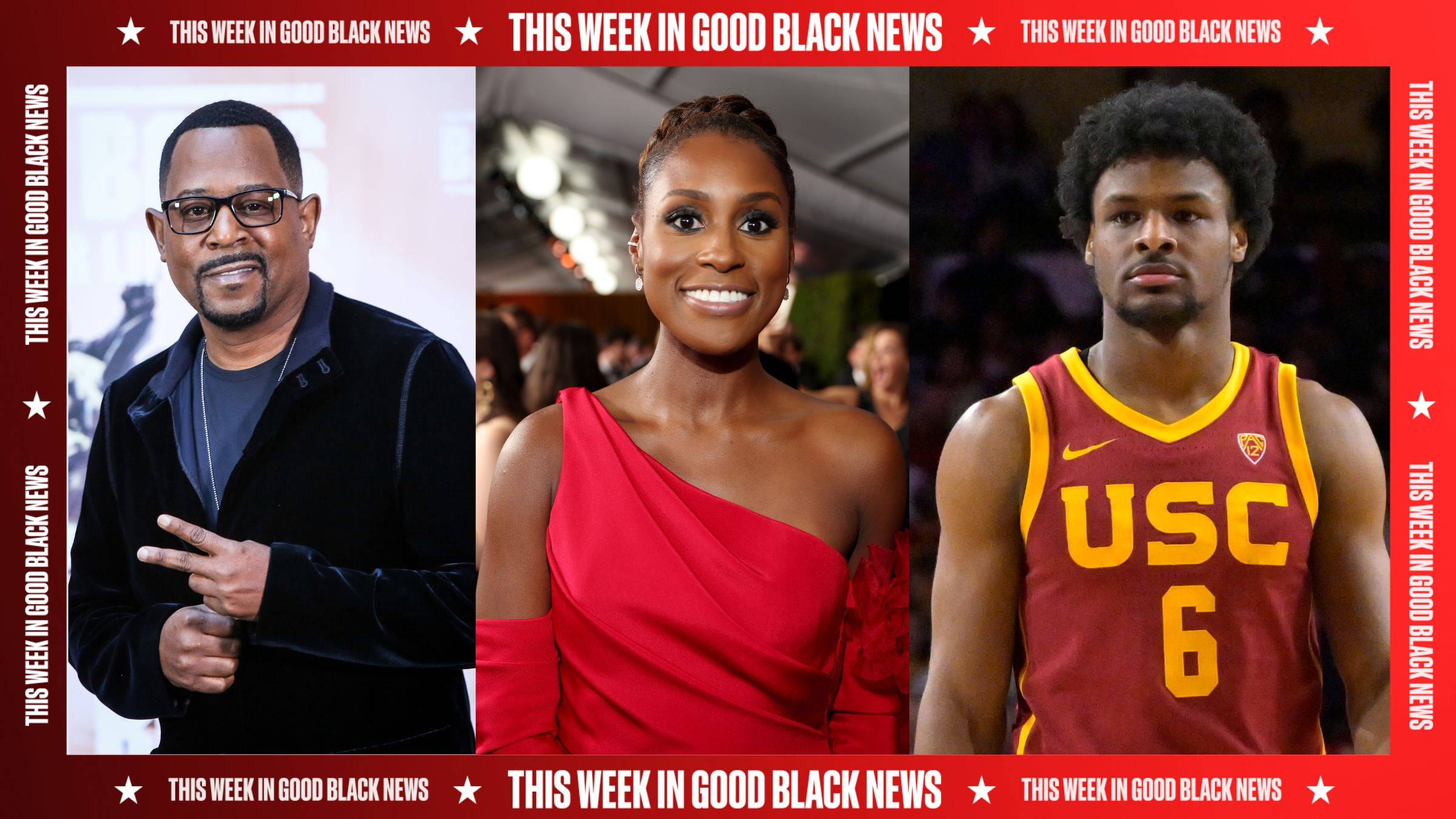HPV Infections Harder on Black Women and Girls

It's not a secret that African-American women are 40 percent more likely to develop cervical cancer caused by the STD human papillomavirus (HPV) and 20 percent more likely to die from it compared to white women.
But the burning question has been, "Why?"
In the past, experts thought lack of access — price of preventative shots, cultural inhibitions, education about the STD — may have played a factor in why these disparities existed, but a recent study conducted by the University of South Carolina believes that something else must be at play.
HPV in many women just clears up on its own. But researchers found that Black women have a harder time with the clearing up process and, depending on which strain of HPV, it can develop into a cervical cancer diagnosis down the road.
According to the Washington Post, researchers studied 326 white and 113 black college students who were given Pap smear tests, which can indicate the prevalence of HPV, then HPV tests were given every six months throughout their time in school. They found the following:
—Despite having a similar number of sexual partners and other risk factors, doctors saw some serious difference between races in terms of how long the HPV infections lasted.
—During any checkup, African-American patients were 1.5 times more likely to test positive for HPV, including the strains that can cause cancer.
—It took almost six months longer for African-American patients to be clear of HPV — or 18 months versus 12 months for white patients.
—10 percent of African-American patients came back with abnormal Pap smears compared to 6 percent of white patients.
—Two years after initial HPV infections were found, 56 percent of Black women were still infected while only 24 percent of whites were.
Researchers are clear that more research needs to be done, but they suggest that perhaps differences in genes, immune systems and lifestyles may be at play. Prevention-wise, Kimberly Creek, lead author and paid spokesperson by Merck (the company that created Gardasil, the HPV vaccine), told HealthDay, "African American women may benefit even more from the HPV shots."
HPV vaccinations offer protection for only four types of HPV that cause a majority of cervical cancers. These shots are currently recommended for 11- and 12-year-old girls and for teens and young women between the ages of 13 and 26 who never received HPV shots when they were younger.
But Gardasil hasn't been as popular among African-American teens as health experts would like: A 2009 study found that only one in four have received the vaccine. Price (the set of three shots required can cost up to $390 and not all insurances cover it), cultural objections and lack of access to health care have been noted as reasons stopping Black girls and teens from getting these shots.
But a recent study shows doctors are to blame as well.
Researchers from University of Texas Southwestern Medical Center found African-American girls between the ages of 12-17 were 35 percent less likely to be recommended the HPV vaccine by their doctors and health care providers. In many instances, if these recommendations are not made and the parent is unaware, the vaccine won't be administered.
BET Health News - We go beyond the music and entertainment world to bring you important medical information and health-related tips of special relevance to Blacks in the U.S. and around the world.
(Photo: Joe Raedle/Getty Images)





